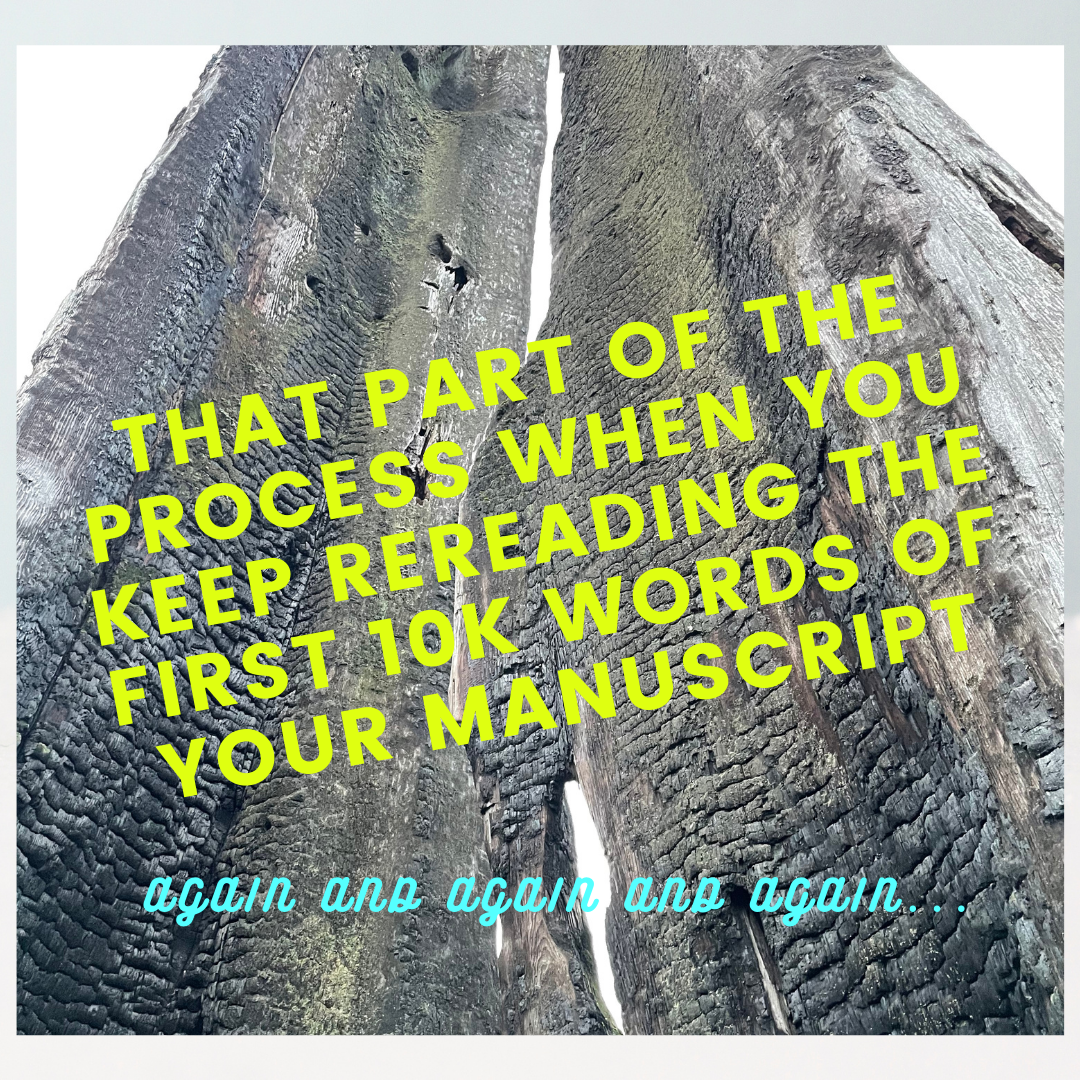The relationship between theme and plot has been a major writing challenge during the pandemic. It’s been a year of lockdown, of protest, of raising very confused and saddened children, of angry debates and so much cancellation. And I have never felt more tension between the story I want to tell and what I want to SAY.
My January goal (carried over from 2020) was to complete a contemporary adult mystery about books and publishing. I’ve been dutifully, even religiously, logging my words. I found my protagonist and felt that necessary connection. I could inhabit her world. THEN: the conundrum. Could her sidekick offer a lens on all the illogical, unkind ideas I’m witnessing in the world today? When I looked at that question, the words wouldn’t come. My big thematic notions (to be honest, my politics) would not play within my more-or-less working plot.
Frustration & the Shiny New Idea
February limped into March and magic began to happen. No, not with the mystery. Not in prose. I found the new YA verse novel for which my heart has been searching (for years). Characters effortlessly channel through my fingertips to the keyboard with names, dreams, flaws — whole, as if they’ve been born, not imagined. And yet…
My clever plot twist — the original thematic hook which delivered me (breathless and delighted) to days of writing 2k words without rising from my seat — feels impossible to weave organically into the actions of the characters I am growing on the page.
At long last (and this isn’t pretty), I’ve realized I’m encountering the same problem for a second time. I am fighting against my own writing nature. Instead of embracing the looseness of my outline, of humbly and honestly following my characters where they lead, I am trying to DRIVE the bus. I am trying to force the characters to be mouthpieces, representations of my own frustrations, concerns about the world.
The Temptation to “Drive the Plot Bus”
Social media leads many of us to believe that they have a “brand,” a “platform,” an “audience.” Calling oneself a “social activist” or an “environmentalist” seems to be what people do. Opinions and editorials (and the sharing of such content) have become an industry. I think is largely why, in 2021, I am feeling the urge to put MY “most important” words into characters’ mouths. I do not believe this is good for the craft — for the body of literary work writers are creating in the 2020s.
Writers write for all kinds of reasons. Right now, I find myself in danger of joining a too-large cohort of wordsmiths who are sacrificing character authenticity and superior storytelling in order to drive narratives to their personal POINT.
When I wrote THE SOUND OF LETTING GO, I honestly didn’t know if Daisy’s parents were going to be able to stay together. When I wrote AUDITION, I honestly didn’t know if Sara was going to tell some adult about what was going on with Remington. And, it wouldn’t be wrong to say that I didn’t care. What I wanted was an authentic story that took place in a viscerally-wrought setting. What I wanted were words that readers inhaled without doubt, the stories’ outcomes they sought as fragile and uncertain as events in the real world.
So, I’ve made the scary decision to humble my angry ego. I’m letting go of that BIG THEMATIC IDEA and that precious PLOT notion I’d had in mind to voice it. I’m putting my characters back in the proverbial driver’s seat. For now.
Write Humbly, Wait for the Theme
Revision is a curious thing. Second, third, fourth drafts reveal motifs, questions, images you can work to amplify. But those are the themes that are born organically of the story. I will write this first draft with faith that if I am as honest, as bone-close as I can be, the real, right, worthy theme and plot twists will find their way to the page.
Are you struggling with imposing your political will onto your stories these days? Have an opinion or advice you’d like to share? I’d love to hear from you so, please do leave a comment.


